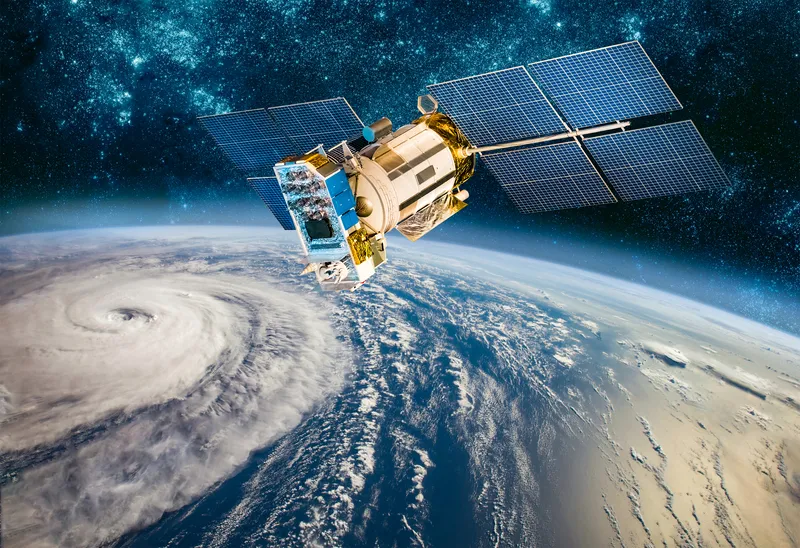
Global Traffic Technologies (GTT) has added the Global Navigation Satellites System (GNSS) to its Opticom solutions to improve the reliability of connected vehicle services.
GTT says this collection of satellites transmits positioning and timing data to GNSS receivers, which use this data to determine location.
Connected vehicle applications rely on GPS to determine the real-time location of vehicles.
GTT describes GPS as a single system that employs 31 satellites compared to GNSS which utilises around the world, including GPS (America), Glonass (Russia), Galileo (European Union) and BeiDou (China).
According to GTT, adding GNSS will enable more reliable priority control in dense urban areas with obstructions such as bridges, tunnels and tall buildings.
It will also reduce performance issues that can diminish priority control's effectiveness by helping ensure the correct intersection receives the request for a green light as priority vehicles approach intersections, the company adds.
GTT insists better location services will minimise disruptions to traffic and help bus drivers and light rail train conductors navigate dense urban areas in safer and faster.
Ravi Shah, GTT vice president of product development, says: “It’s well-documented that urban canyons and multipath effects can negatively impact the accuracy and overall performance of GPS-based locating."
"The advantage of adding GNSS is that it gives our customers access to multiple satellite networks, thereby reducing interference and increasing accuracy while providing reliable redundancy and availability.”
Despite this, the company recognises that communication to these satellites can be lost temporarily in areas with tall buildings, tunnels or multi-level roads.
GTT has therefore added the ability to more effectively determine vehicle position in these areas with software-based dead reckoning.
If satellite communication is lost, dead reckoning is expected to calculate a moving vehicle's position by estimating its direction and distance travelled from its last known geo-location.
GTT’s software-based dead reckoning solution functions with sensors built into the Opticom devices, with no additional vehicle wiring required.
Chad Mack, GTT’s director of product management, says: “Opticom, like other connected-vehicle applications, relies on accurate vehicle position to deliver high performance solutions.”
GTT says on its website that its Opticom solutions can provide intelligent transit signal priority for public transit and flexible traffic sensing technology for a variety of traffic applications.









